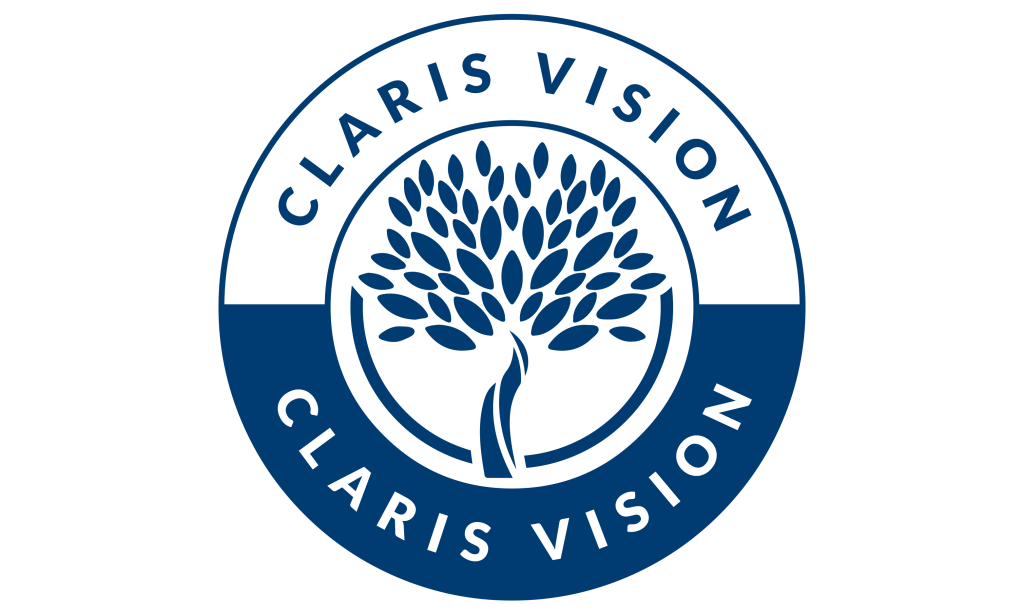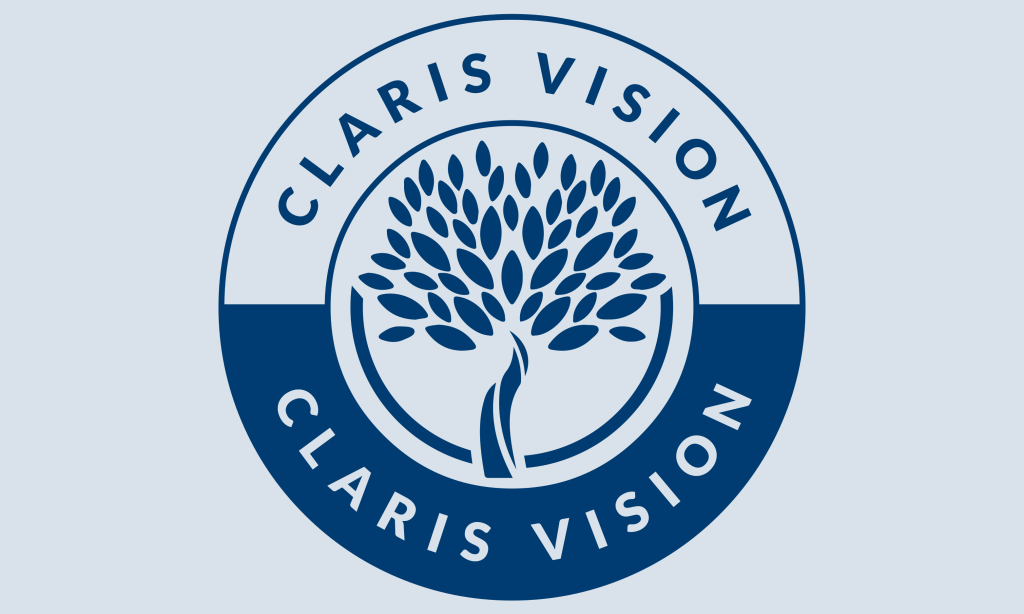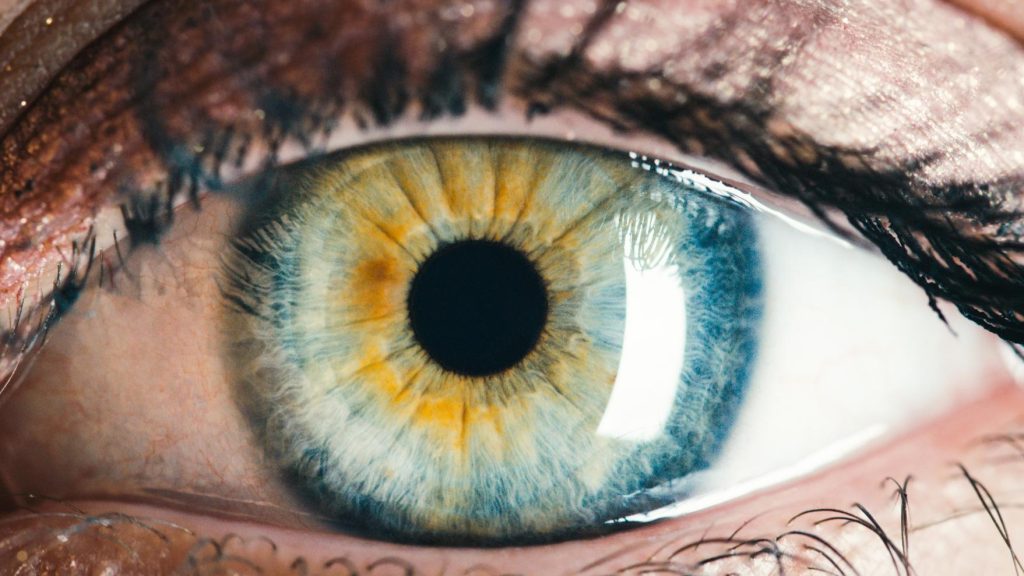When can you shower after cataract surgery?
On the day of cataract surgery and the next 3 to 4 days, it is essential to avoid getting water directly into your eyes. Wearing goggles may be advisable when having a shower. Sutures are not routinely used in cataract surgery, therefore you should avoid rubbing or putting any pressure on your eyes during this period. You may need to take extra care during face washing to prevent water from splashing onto your eyes.
In the second week after your operation, you can resume your normal shower and washing. However, it is safer to avoid rubbing and putting pressure on your eye as the wounds will still not have healed fully. Your eye may still be sensitive, so avoid shampoo that may sting and make you rub your eyes.
When can you exercise after cataract surgery?
- Light activities such as walking are allowed almost immediately after the surgery.
- It is safer to avoid activities that are moderately intense or involve bending over on the day of cataract surgery and the following few days, in order to minimise the risk of an accident that may involve the eye or result in you touching or rubbing your eye.
- After a few days you will be able to resume moderate activities like brisk walking, stationary cycling, or light household chores.
- Strenuous activities, such as heavy lifting, bending, or high-impact exercises, should be avoided for at least 10 days.
- Sports and intense exercise that may involve a risk of injury, such as contact sports or weightlifting, should be postponed for at least 2 weeks.
When can you fly after cataract surgery?
There are no medical contraindications to flying after routine cataract surgery. Therefore, you can usually fly the day after surgery. Your eyesight will still be blurred and your eye may feel dry, scratchy and sensitive to light. You should continue using your prescribed drops during the flight and also consider using lubricant drops to prevent the eye drying out further.
It is advisable you fly to a location where medical eye care is readily accessible, especially during the first 2 week following the operation.
When can you return to work after cataract surgery?
You can usually resume normal activities, including work, relatively quickly after cataract surgery. Many individuals can return to work within 2 to 3 days. The amount of time you may need to take off can depend on several factors, the most important one being the nature of your work. Factors to consider include:
- Job requirements: The nature of your work plays a significant role in determining how much time you may need off. If your job involves physical activity, lifting, or exposure to conditions that could pose a risk to your eyes, such as dust, dirt or soil, it is recommended taking at least a week off. Similarly, if your job involves driving long hours, operating heavy machinery, or using equipment that relies on sharp vision, 2 weeks may be advisable.
- Need for glasses: Cataract surgery is a refractive procedure. However, if a toric or multifocal lens is not used during your surgery, there is a strong probability that you will require glasses for near tasks, such as reading and computer work, and most likely glasses for your best distance vision especially if you have pre-existing astigmatism. The earliest to consider having glasses made up is 2 weeks after your surgery, though you will need to update them at a later date once the eyes have settled fully.
- Pre-existing spectacle prescription: If you have a moderate or strong prescription prior to your surgery, you may feel imbalanced in the interval between cataract surgery to your first eye and the second eye. Updating your glasses will most likely not help. The best option to consider in this situation is to have surgery to both eyes on the same day, especially if you need to return to work soon.
- Individual healing time: People heal at different rates, so individual factors such as the overall health of your eyes and how quickly they recover will influence the amount of time you may need to take off work. For example, pre-existing dry eye or use of multiple glaucoma drops may delay recovery and improvement in your vision.
When can you update your glasses after cataract surgery?
It is advisable to wait a minimum of 6 weeks before updating your glasses. The eye and its refraction can take several weeks to settle following surgery. However, if you do need better vision sooner, e.g. for driving or work purposes, you can obtain glasses before the 6 weeks. Most likely though, you will need to update the glasses again at a later date.
If it is mainly reading and computer vision that you are struggling with after your surgery, you may benefit from buying over the counter spectacles until you can see your optometrist at the 6-week stage for a more definitive pair of glasses. Typically, a pair of +2.50 or +2.75 glasses will help your reading, and a pair of +1.50 your computer and intermediate vision tasks.
Both cataract surgery and lens replacement surgery (also known as refractive lens exchange) are excellent vision correction procedures. If you would like to explore options to see better and say goodbye to your reading or distance glasses, book a free no-obligation screening appointment at our ClarisVision website to find out more; alternatively call 02381 812281. At this appointment, Aris will discuss the best treatment option for you. The key is to identify the procedure that is most suitable to you!
All the best,
Aris



